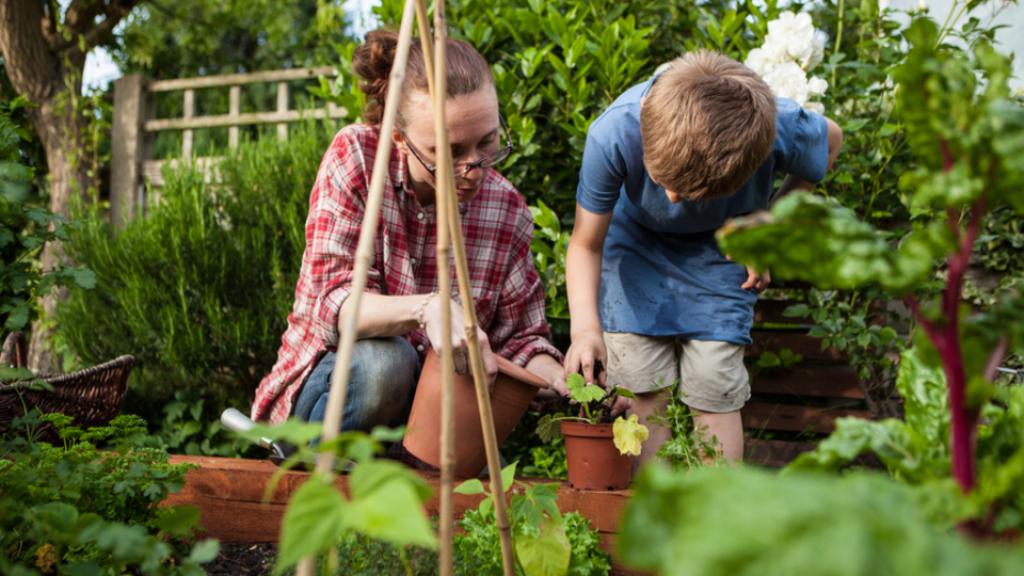“What does sustainability look like in the classroom?”
Education for Sustainability (EfS) is an educational approach that aims to develop our students with the values and motivation to build awareness and knowledge on sustainability issues and to take action. EfS seeks to develop students who are able to think critically, innovate and provide solutions towards more sustainable patterns of living for the 21st century.
“Teachers are always interested in gaining new ideas on how to engage students through significant or authentic learning situations. The new cross-curriculum perspective of sustainability in the national curriculum allows for this without increasing teacher workload. The best example I can give is of a ten-year-old girl who explained that she really enjoyed being a student at an Eco School because it made the learning real. She went on to tell me about how they had a competition to design an outdoor classroom, and how the best design was then built.
I asked how this made the learning real and she went on to explain how she had learnt about scale, measurement of area and volume and computations with money. I then asked her why this was better, to which she responded, “Are you kidding? Our teacher could have just told us to open our text books at page twelve so we could learn how to measure the area of a rectangle.”
Many teachers endorse the incorporation of sustainability education into learning and teaching because it is fun, engaging and empowering for their students. The natural environment can be seen as the backdrop to daily life whizzing by as we go from home to school. It can also provide students of all ages with real-life learning.
Every school is located in an ecosystem; a ready-made, complex world ripe for discovery, exploration, enquiry, documentation, communication and understanding. We draw upon a wide range of skills and knowledge from a range of disciplines – these are naturally combined when education for sustainability is integrated into the curriculum.
The featured Getting Started case studies (below) illustrate students building their Science and Geographical enquiry skills; practising literacy and communication; using numeracy to process and analyse data; working together and building their critical and creative thinking, information and communication technology (ICT) capabilities. These students are engaged, enthusiastic and empowered by these learning experiences. Their teachers report a strong connection between education for sustainability and student wellbeing.
Education for sustainability (EfS) curriculum units can be undertaken by any school, inside and outside classroom. Cooking food from the kitchen garden, building a solar oven, raising and observing plant cycles all enable students to take an active role, contributing to their vision and actions for a sustainable future.
The big picture perspective is that EfS enables students to develop knowledge, skills, and motivations for action that contribute to their own wellbeing, and that of their community and the planet, in an increasingly interconnected world. In the classroom, on a day-to-day basis, sustainability enriches and strengthens students' learning.
Education for Sustainability dimensions
Education for Sustainability (EfS) is not only about what we teach, but how, where and why we teach it.
Learning content
- Including significant global challenges in teaching content
Pedagogy and learning environments
- Creating and using inspiring learning environments that motivate students to take action for sustainability
- Student-centred and action-based learning programs for students
Learning outcomes
- Working collaboratively
- Competencies of critical thinking, systems thinking
- Creativity and innovation
- Taking responsibility within and across generations
Transforming society
- Empowering students of all ages to transform themselves and their communities
- Empowering young people to be global citizens
Source: Adapted from Global Action Program-UNESCO, 'Understanding ESD'. p12, 2014. Web. 8 Mar. 2015.
Getting started – case studies
The Getting Started case studies aim to bring sustainability alive in the classroom.
The teachers from three schools share their curriculum objectives, teaching and learning processes, student outcomes, their reflections on the unit, resources used and links to the Australian Curriculum and state frameworks.
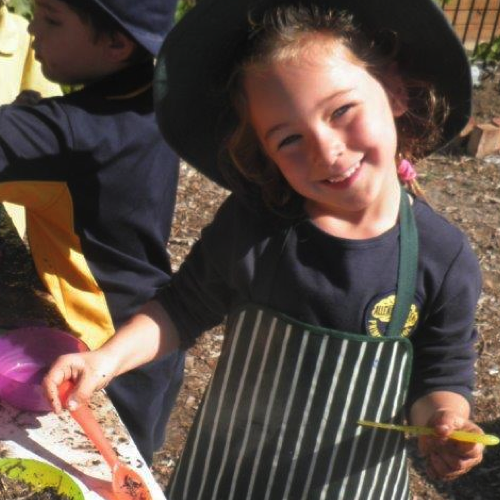
Foundation, in the garden
Students at Allenby Gardens Primary, SA, learned Maths, science and ICT in the garden, making mud pies and learning about size and capacity in this seven-week unit.
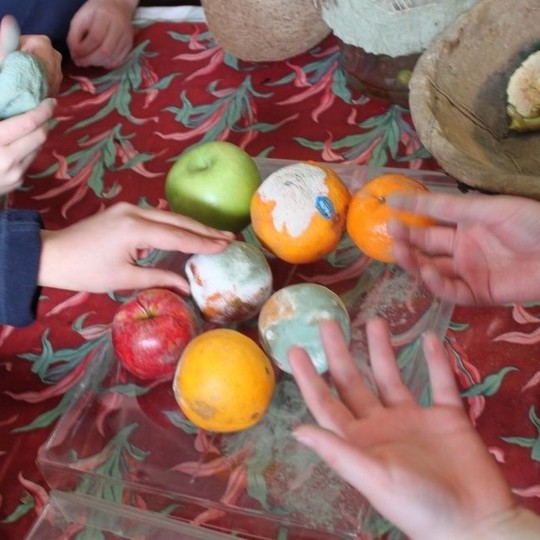
Year 1, sharing the planet
Students at Toorak College, Victoria, explored concepts around biology, systems and responsibility during this seven-week unit.
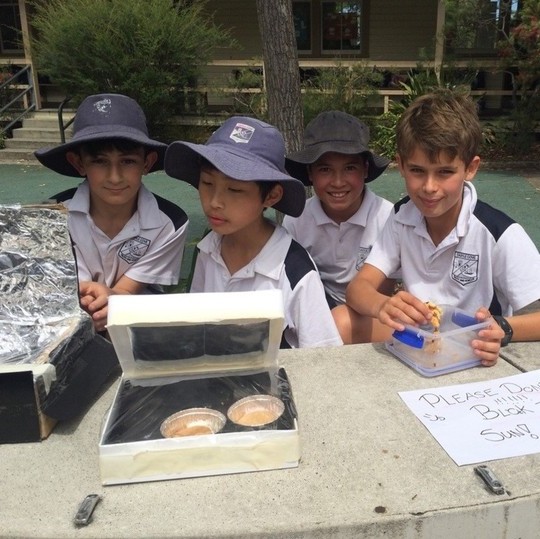
Year 5-6, renewable energy
Science students at Castle Cove Public School, NSW, discovered the value of alternatives to fossil fuels during this nine-week unit.
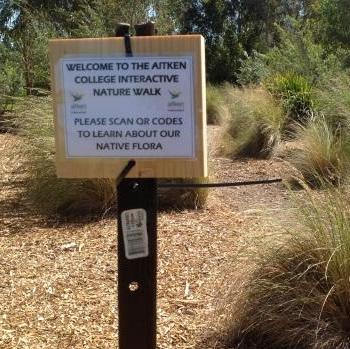
Year 10, interactive nature walk
Year 10 students at Aitken College in Victoria established an interactive nature walk, which is enjoyed by the whole college.
We also recommend:
Dimboola Memorial Secondary College (VIC)
Vintage fashion leads to recycling:
www.enviroweek.org/vintage-fashion-leads-to-recycling
Mt Gravatt Secondary High School (QLD)
Environmental pathways to school success:
www.enviroweek.org/environment-pathway-to-school-success-2
The Australian Institute for School Leadership (AITSL) provides a number of illustrations of practice for teachers at different stages of their teaching experience showcasing sustainability in a variety of learning areas. Some highlights are:
Science Inquiry
Grade 6, Mentone Girls Grammar (VIC)
Science Integration
Newton Moore Senior Secondary College (WA)
Science Investigations
Landsdowne Primary School (TAS)
Maths and ICT Integration
Fieldwork techniques with Year 8 (NSW)
Get started!
“Where can I find resources ready to teach?” you ask. Start at our Resources page.
